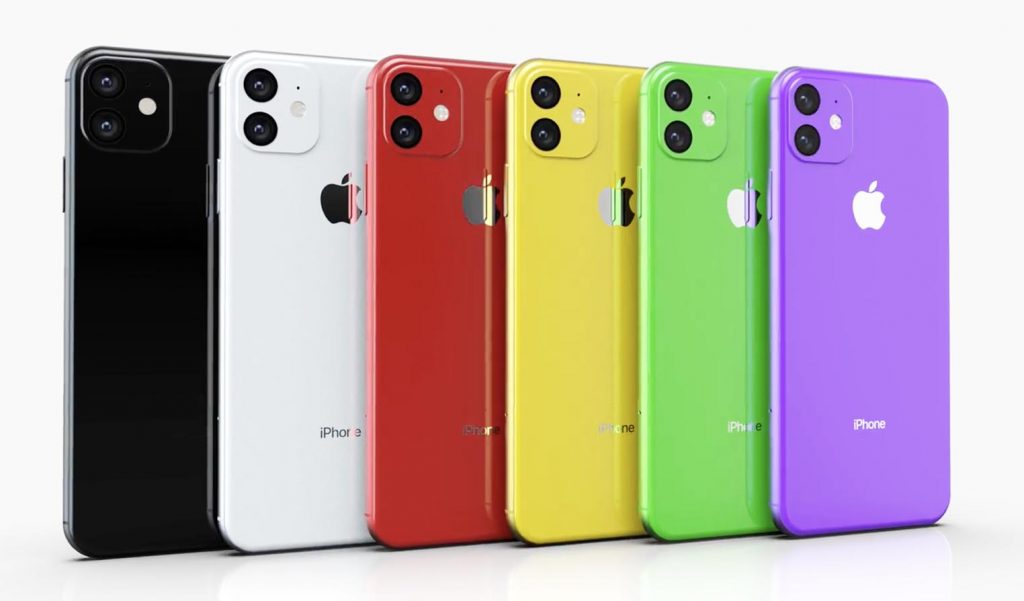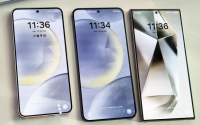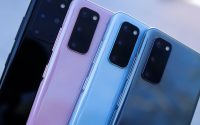New iPhone: a low-cost version for China?

Apple was on a version reserved for the Chinese market. Less expensive and equipped with a Touch ID fingerprint sensor under the screen, this new iPhone must allow it to remain competitive rates.
Apple would be ready to make substantial savings to regain sales shares in a large and competitive Chinese market. The local site Caijing says that the firm with the apple plans to release an iPhone reserved for the Chinese market, without any system of facial recognition, so as to reduce its price. This version would ship a fingerprint sensor under the screen as its predecessors did.
As a reminder, Apple plans to release three new iPhone models this fall according to information from the Wall Street Journal. Among them, we will undoubtedly find the successor of the iPhone XR, a model equipped with an LCD screen that has not met the hoped for success.
Price ?
What will be Apple’s pricing strategy? Hard to say at this point. But it will no doubt be influenced by fierce competition from local manufacturers in China, a market that accounts for 20% of its global turnover and will be its main source of growth as sales stagnate in the rest of the world. . The upscaling strategy via the iPhone XS Max did not seem to have paid off. IPhone shipments plunged nearly 30% in the fourth quarter of 2018 in China, in a market overall decline of 11%., According to estimates by Strategy Analytics. As a reminder, the most expensive iPhone XS Max peaks at 1,659 euros while the entry-level, the iPhone XR 64 GB, is 859 euros. It’s just more than double the price of the first iPhone released 11 years ago at 400 euros.
Features
- An A13 processor: Taiwan Semiconductor Manufacturing has, according to Bloomberg information, launched the production of the A13 processor that will ship the next Apple smartphone. The chip should be mass produced this month.
- Oled and LCD screens: in 2019, Apple should continue to offer at least one smartphone equipped with an LCD screen, the other two being equipped with an Oled screen as was the case for the iPhone XS Max and the iPhone XS in 2018. A screen more expensive but better. It is only in 2020 that Apple should only offer smartphones with an Oled screen. A decision that could hurt its main supplier of LCD screens, Japan Display.
- A new antenna system: that’s what the next generation of iPhone should be carrying, according to Ming-Chi Kuo. The iPhone Xs and Xs Max embark indeed two antennas LCP (Liquid Crystal Polymer) at the top and two at the bottom of the device. Their successors should be polyamide. For the same cost, this new material is expected to greatly enhance the cellular high-frequency transmission of the iPhone according to the analyst. The total cost of antennas, however, should increase by 10 to 20%, with Apple planning to add a few changes to improve indoor reception.
- A triple photo sensor: the high-end model should be equipped with a camera with triple sensors, against two for the other two models. Ambition? Improve the quality of shots taken from the iPhone. A very important feature for Apple brand customers while Apple remains behind Samsung and its Galaxy A9 with four photo sensors. The information is corroborated by a note written by Ming-Chi Kuo in which one of the references in the iPhone also announces the arrival of a reverse wireless charging mechanism that will search for other devices through to the iPhone.


